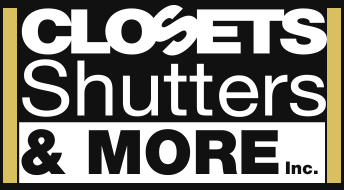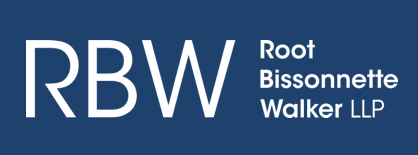According to Statistics Canada, international travel by Canadians was down nearly 37% in the first three quarters of 2021 compared to the same period before the COVID-19 pandemic. But with the post-pandemic world opening up for travel, you may be ready to plan your next adventure.
Whether you’ve been dreaming of hiking in the mountains, seeing the sights in a new city or simply relaxing on a beach, you don’t have to overspend to have a great time. Following these tips can help you keep your budget on track.
- Shop around. Unless you’re picking an exclusive, ultra-luxurious location, in the age of online, do-it-yourself travel planning, there’s no reason to overpay for your trip. Sign up for daily or weekly travel deal emails from companies like Expedia, Redtag or Kayak. They aggregate specials from a variety of tour operators and airlines, offering you an easy way to keep a pulse on the best deals.
- Be flexible. Rather than picking a destination and then trying to find a deal, why not pick your trip based on what’s on sale? You may discover a location you might have otherwise overlooked. This doesn’t necessarily mean traveling during off-season. You could just as easily snatch up a discount for an up-and-coming destination, and even better, you’ll get to say you went there first!
- Set a budget. Before you can stay on budget, you need to have a budget. Decide the maximum amount you want to spend and stick to it. This may mean being more selective when choosing souvenirs or skipping them altogether. (Do you really need another T-shirt or novelty shot glass?) While it may seem counterintuitive, tracking your purchases on a debit or credit card may be easier, and safer, than using cash. At the end of each day, check your account to make sure you’ve stayed within your daily budget. All-inclusive vacations are another great way to keep costs down. Lock up your wallet in the room safe and don’t pull it back out until you leave to avoid tempting impulse buys.
If traveling is one of your goals, your financial professional can help you review your current situation, refine your goals and create a strategy to keep you on track.
This article was written by Edward Jones for use by your local Edward Jones advisor, Nicolle Lalonde.
 Back to myNiagaraOnline
Back to myNiagaraOnline
































